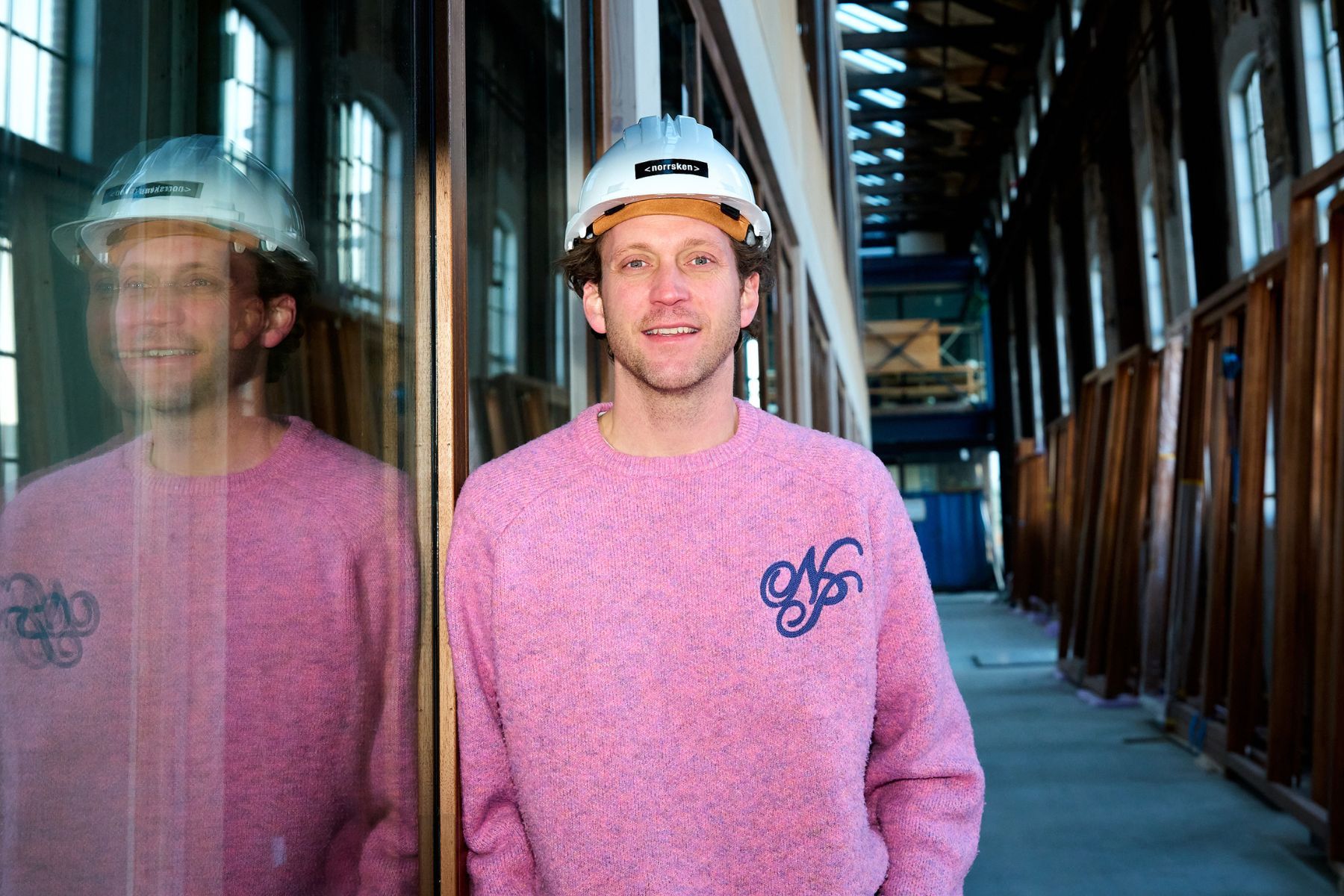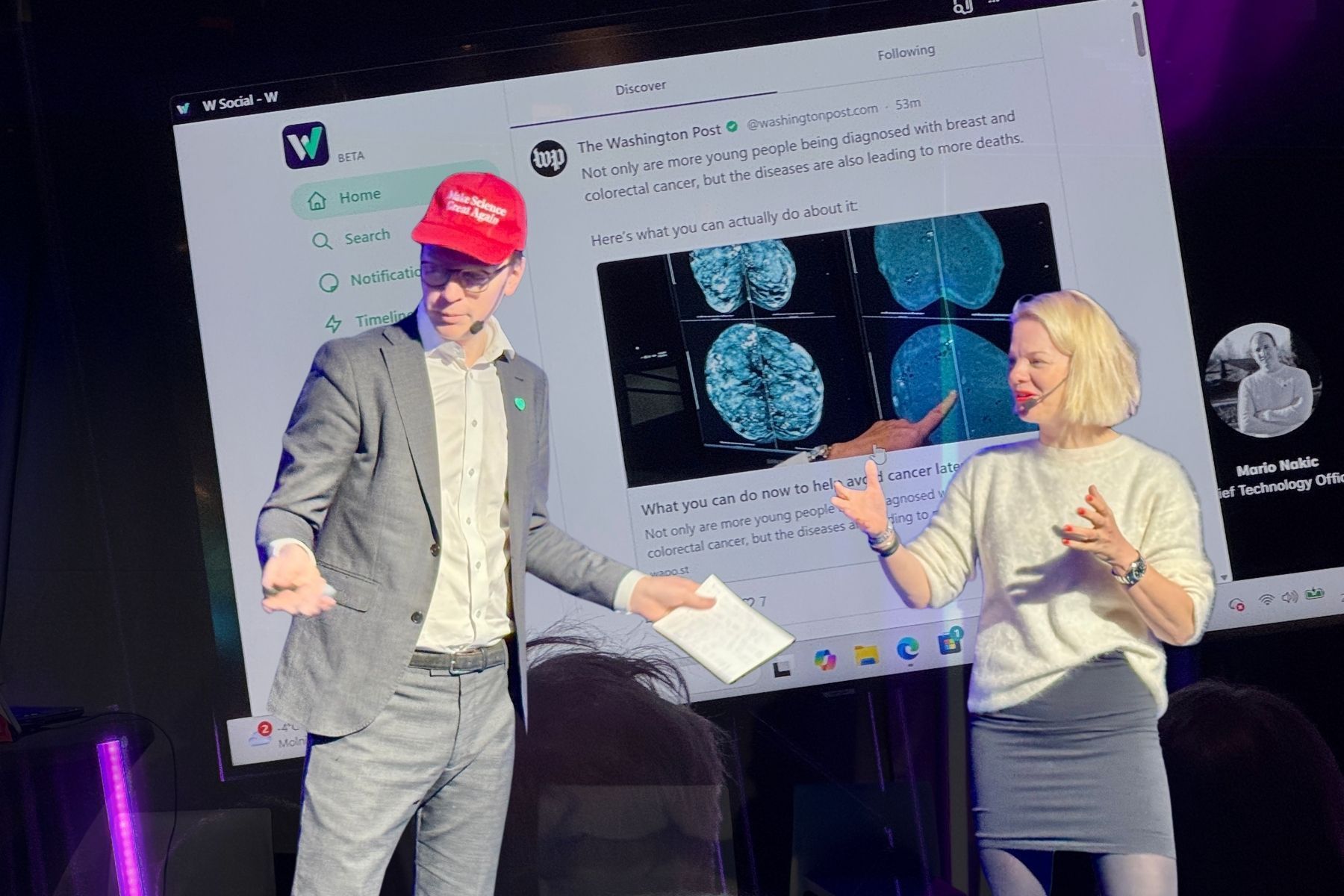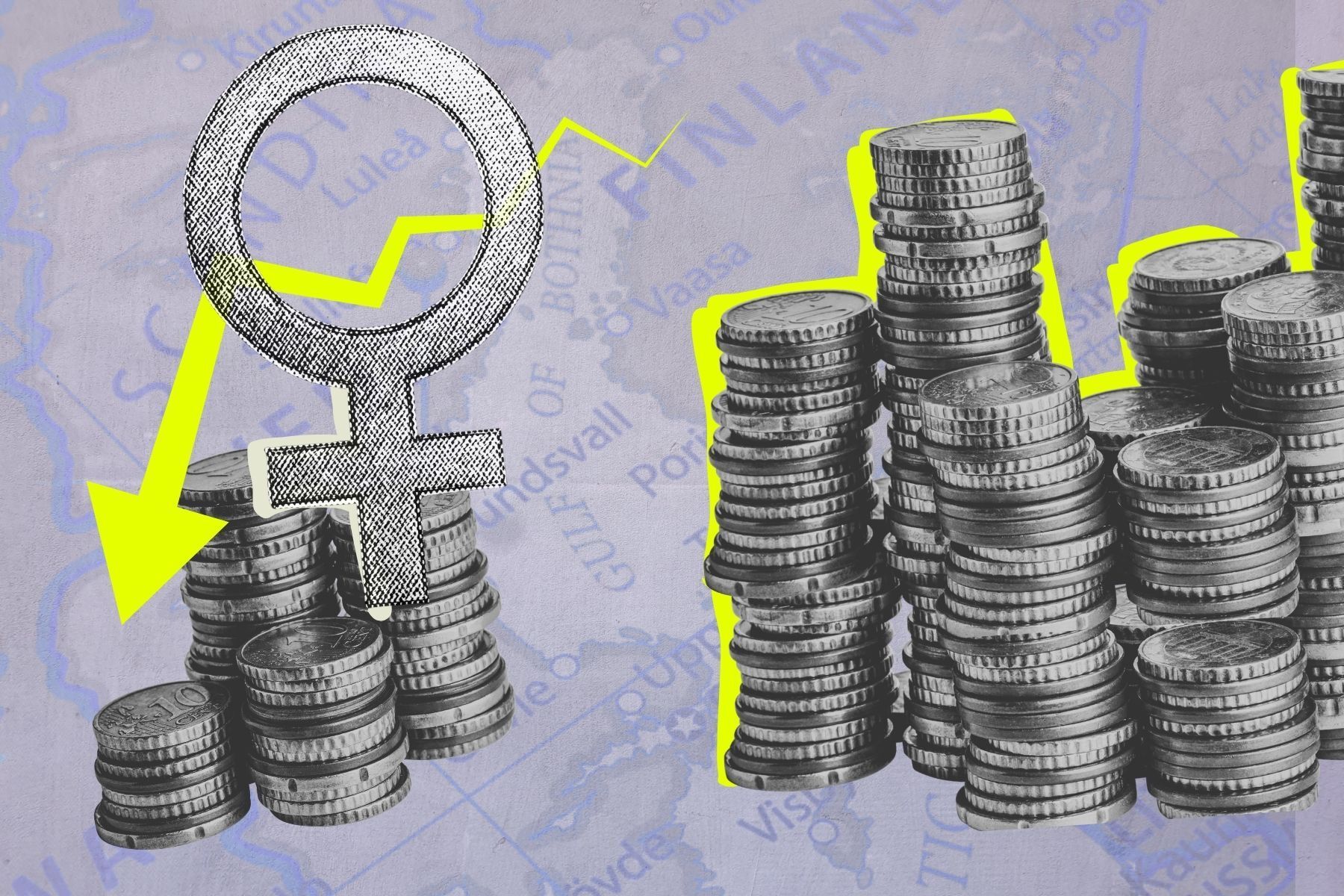This week in EU policy: State aid overhauls, support for green trucks, and the EU looks to the stars
The European Commission announces a major overhaul to state aid rules to support clean industries, a new legislative package aims to build Europe a competitive – and sustainable – space economy, and new science-based rules for assessing apparel’s environmental impact.<br><br>Welcome to this week's EU impact policy round-up, by Frey Lindsay.<br>


Last week, we saw the European Parliament vote overwhelmingly to pressure the Commission to move faster implementing the Clean Industrial Deal. This week, there’s a strong sign that the Commission is onboard, as it announces a new framework to allow states to subsidise investments in clean industry. Read on for details, as well as the Commission’s ambition for a robust EU space industry, and an interim report card for the EU on its green ambitions.
1. Major update to state aid framework to support Clean Industrial Deal
The news: The Commission has adopted a new framework for state aid in supporting the Clean Industrial Deal, simplifying rules and making it easier for member states to support clean industries.
What happens now: The new rules are apparently now in effect, and will be in place until the end of 2030.
What it means for impact companies and investors: This is big – and welcome – news for the environmental impact sector overall. As Impact Loop readers will no doubt be aware, the Clean Industrial Deal is key for building investment and support for industry decarbonisation and cleantech.
By freeing up member states to support these efforts – via subsidies, loans, tax breaks etc, - this new framework could see clean energy development and decarbonisation for heavy industry kick into a higher gear.
However, some groups have pointed out that there are still some troubling gaps. Environmental charity ClientEarth, for instance, warned that some of the rules in the framework are blurry enough that fossil fuel companies may receive subsidies – something to watch for sure.
2. EU unveils ‘ground-breaking’ rules for future space economy
The news: The EU has announced a new legislative package governing the EU’s participation in the space economy. The package, says the Commission, is a “decisive step toward a more integrated, secure, and competitive space sector across the Union.”
What happens now: It could be a while before anything is implemented – the European Parliament and Council now need to enter negotiations on its provisions before it goes to a vote. However, one aspect of the plan, the ‘Vision for the Space Economy’ is to be implemented immediately.
What it means for impact companies and investors: Set your eyes on the stars, to infinity and beyond, get ready for take-off – okay I’ll stop. For our purposes, the ‘Vision’ is the most eye-catching thing here. It contains provisions for boosting seed and growth investment facilities for companies working in the space sector, as well as other financing facilities.
A lot of innovations and breakthroughs have come from space technology, and if I were an Impact Investor I’d be very interested in what sectors might benefit from all of this.
Just for starters, satellite monitoring systems, mobility and cargo navigation optimisation systems may see a lot of interest. And I personally will be watching to see how the EU’s space ambitions - clearly a strategic priority for the Commission - contribute to general R&I funding and development across Europe.
3. Commission extends support for zero-emission trucks
The news: Zero-emission heavy-duty vehicles will continue to be exempted from road tolls and user charges, the Commission has announed, in a bid to make them more economically viable.
What happens now: The current exemption period – due to end on 31 December 2025, will be extended to June 2031.
What it means for impact companies and investors: A pretty simple one, but an encouraging bit of news. Recognising that the upfront costs for zero-emission HDVs are still higher than regular trucks and lorries, the Commission has decided to exempt them from tolls and other road charges, making them more attractive as costs – it is hoped – eventually come down further.
With trucks accounting for around a quarter of Europe’s road transport emissions, and with a lot of development happening in the battery and green fuel sectors in Europe, this will be welcome news.
4. New rules on clothing and shoe impact
The news: A working group of industry stakeholders has finalised the new Product Environmental Footprint Category Rules (PEFCR), which introduce a new EU-wide method for measuring the environmental impact of clothing and shoes.
What happens now: The rules are now available for use by companies voluntarily, and will be refined further over the next years.
What it means for impact companies and investors: Though these rules are voluntary, they're designed to help companies stay ahead of incoming EU environmental regulations, so expect wide take-up. Within the new ‘science-based’ framework, all stages of production and items’ lifecycles are taken into account, including metrics for recycled content and eventual recyclability.
This could be a great boost for circular materials and clothing startups across Europe. It’s also interesting from a data-crunching perspective, as the rules oblige much more in-depth tracking of production and distribution data, representing an opportunity for ESG-focussed impact analytics companies.
5. EU’s independent environment agency gives report card
The news: The European Environment Agency, the EU’s independent environment research agency, has released a report showing good progress in shifting away from fossil fuels, while decarbonising heating and transport continues to lag behind.
What happens now: Read the full report here
What it means for impact companies and investors: Not so much policy news as a glimpse into the progress the EU has made in the last years – and recommendations for the future. The EEA takes an optimistic tone about progress made so far – “the [EU] has already demonstrated its ability to shift away from fossil fuels," writes the report's authors, "with electricity-sector CO2 emissions dropping significantly over recent decades."
At the same time, however, it warns that some sectors still need more work. The key takeaway of this report is that the continent needs to scale up its renewables as fast as possible, to bring down the costs for consumers and, crucially, make it easier for industry to decarbonise.
It also urges the electrification of heating and transport to cut fossil fuel use further. All this can best be done, say the authors, by opening up more capital for renewables, as well as strenghtening EU-wide cooperation and grid flexibility, all things that are currently in the EU's legislative works.
Get full access to Europe's new platform for impact news
- Quality journalism, interviews, investor profiles and deep-dives
- Daily newsletter with top stories, latest funding rounds and roundup to keep you in the loop
Keep reading – get in the loop!
- Håll dig i loopen med vårt dagliga nyhetsbrev (gratis!)
- Full tillgång till daglig kvalitetsjournalistik med allt du behöver veta inom impact
- Affärsnätverk för entreprenörer och investerare med månatliga meetups
Fortsätt läsa – kom in i loopen!
- Håll dig i loopen med vårt dagliga nyhetsbrev (gratis)!
- Full tillgång till daglig kvalitetsjournalistik med allt du behöver veta inom impact
- Affärsnätverk för entreprenörer och investerare med månatliga meetups








